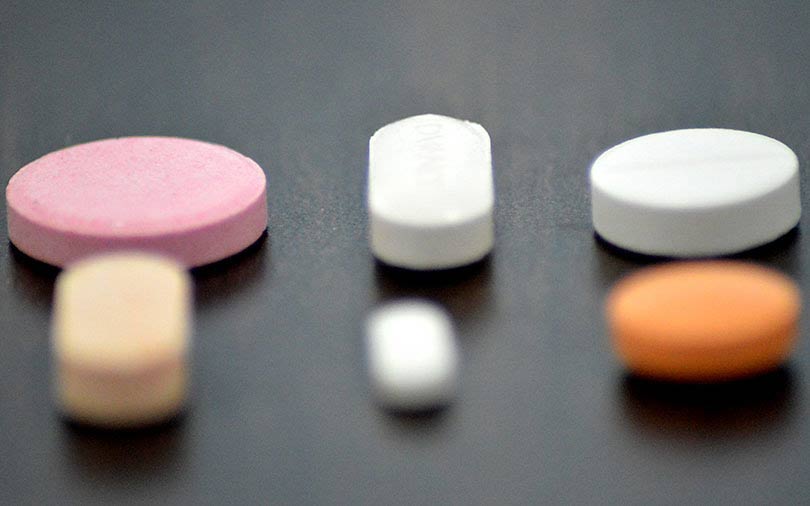
Niti Aayog, Apollo Hospitals partner to use blockchain to curb fake drugs


India’s top policy think tank Niti Aayog and Apollo Hospitals have partnered with IT services and solutions provider Oracle and pharma manufacturer Strides Pharma to pilot a real drug supply chain using blockchain decentralised ledger technology and Internet of Things software.
As part of the trial, Oracle’s blockchain software will permanently register a drug’s record in the manufacturer’s drug supply chain (serial number, labeling and scanning), leaving no scope for record tampering.
Post that, the blockchain will record the drug’s movement—from manufacturer to logistics, from stockist to hospital or from pharmacy to the consumer, Oracle said in a statement.

“In case of a fake drug, the software will detect irregularity and notify the concerned nodal point. Additionally, Oracle IoT provides functionality to track critical information such as chemical ingredients of the drug or maintenance of temperature control in case of life-saving drugs or vaccines," the company said.
The pilot assumes significance because it might lead to a permanent commercial solution to check the menace of fake drugs in the country, which is the third largest medicine market in the world in terms of volume.
Further, according to a report by the World Health Organization (WHO), nearly 20% of all drugs sold in India are fake. Also, as the largest producer of generic drugs in the world, India is reported to be the source of 35% of all counterfeit drugs sold worldwide.

“The problem of fake and counterfeit drugs is a major issue, costing the Indian pharma industry billions. At the same time, it’s putting patients at higher risk. This agreement with Oracle and our partnership with Apollo Hospitals and Strides Pharma, will help ensure all Indian drug manufacturers and healthcare experts have access to a standards-based modern technology platform, blockchain and IoT, to help eliminate fake drug distribution," Amitabh Kant, chief executive, Niti Aayog, said.
In April, technology news website FactorDaily had reported that the think tank was looking to deploy a blockchain solution to the curb the threat of fake drugs.
The plan involved tagging every medicine with a code so that its movements on the supply chain can be monitored via the blockchain. This would make the drug industry transparent and, to an extent, incorruptible.

“Every time the medicine changes hands, the unique number (generated at the manufacturing stage) is tracked. When the consumer gets the drug, there is a quick response code or barcode on it. You can open up an app and check the details of where it was manufactured and all the places where it changed hands to travel to the shop,” the official said in the report.
“Once you have sold it, the code gets irrevocably audited on the blockchain that this ID has been sold, and it no longer exists,” he added.
In May, The Economic Times reported that patients and doctors can soon verify the authenticity of medicines by sending a WhatsApp message.

Pharma companies are expected to print special codes on their products, starting with their most popular or most used drugs, in the next three months, the report said.
This is expected to remove 300 counterfeit drug brands from the country, a senior government official had told ET. According to the report, the Drugs Technical Advisory Board (DTAB) had approved the proposal in a meeting held on May 16 and has clarified that the plan is to be executed on a voluntary basis.
The proposal seeks drug companies to print a 14-digit unique number for each strip or bottle that is to be sold in the market. The strips will also be accompanied by a phone number from the company marketing the product, the official told the financial daily.

